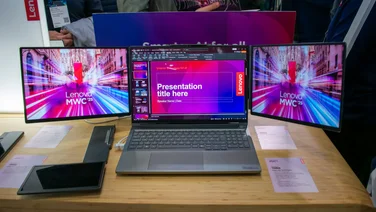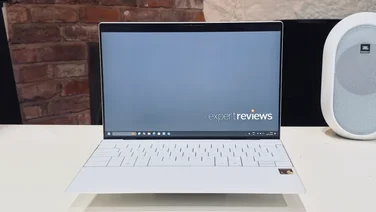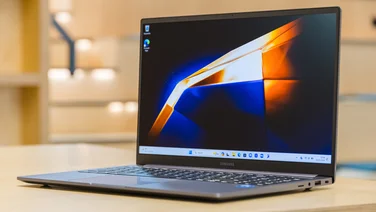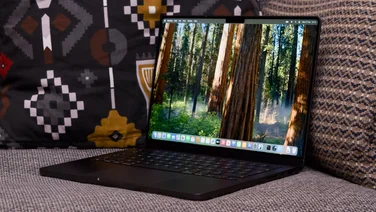To help us provide you with free impartial advice, we may earn a commission if you buy through links on our site. Learn more

Advent’s Altro bears an uncanny resemblance to Apple’s MacBook Air (see What’s New, Shopper 244). It’s very slender, although this is at least partly due to its lack of a built-in optical drive. Unlike the Air, it has a user-replaceable battery. However, we were deeply unimpressed with the cheap, plastic build and wobbly hinge. The underside can become very warm when running demanding programs, too. The lone USB port, headphone socket and HDMI connector are on the back, instead of on the sides where they would be easier to reach. If you need to attach more peripherals, a port replicator with two USB ports, an Ethernet connector and VGA monitor socket is included. The keyboard’s large keys feel responsive, but could do with a little more travel. The large touchpad has a smooth texture and the buttons give just the right amount of feedback. There’s an integrated orientation sensor, which Advent plans to use pending a software update. Even for a screen with a glossy finish, the 13.3in widescreen 1,366×768 display is very reflective, and it also gives images a grainy sheen. Viewing angles are tight, so colour accuracy suffers unless you’re sitting directly in front of it. It is at least very bright though. The Altro is the first laptop we’ve seen with Intel’s new single-core Celeron M ULV 723 processor. It fared reasonably well in our image-editing benchmark, but was slow in our other tests, especially multitasking, where it got a score of one due to its low clock speed of 1.2GHz, measly 1MB of L2 cache and lack of Hyper-Threading. It also has only 3GB of RAM. This poor performance would be forgivable if the Altro had good battery life, but at just over three hours it’s disappointingly short for an ultra-portable laptop. The small 120GB hard disk will fill up quickly if you plan to store anything other than office documents or a very modest media library.
We wanted to like Advent’s Altro, but it has too many faults for us to recommend it. We prefer Packard Bell’s Butterfly or Acer’s slightly more expensive TravelMate Timeline.






